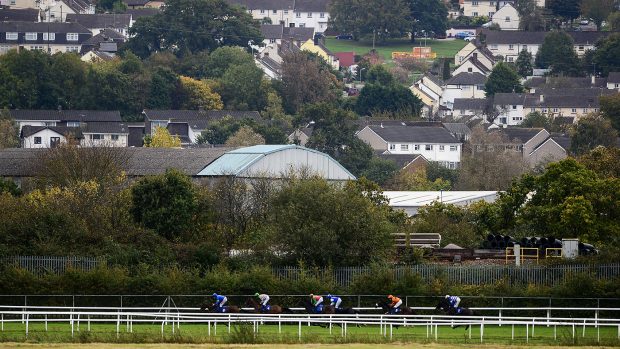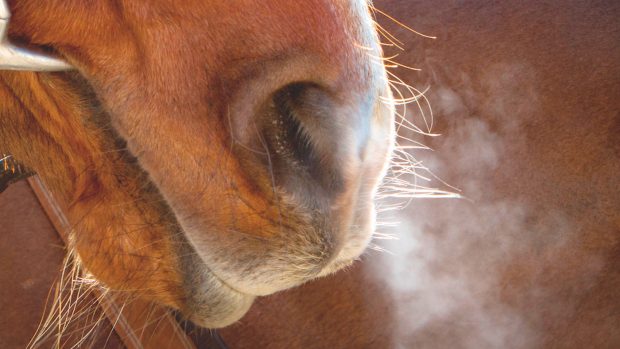British racing has launched a partnership aiming to help disadvantaged young people by introducing them to the sport.
More than 1,000 under-privileged young people will attend racing education days at Doncaster, Aintree and Lingfield racecourses in 2016, where they will learn about the industry and job opportunities.
The initiative is a collaboration between Racing Together, British Racing’s collective banner for community engagement, and Active Communities Network (ACN), which provides disadvantaged young people (aged 11-25) with sports-based and social development programmes leading towards employment.
The racing education days will involve a behind-the-scenes tour of a racecourse. The young people will meet racecourse staff to learn more about what goes into hosting a raceday, as well as an overview of the industry and career opportunities. Racing supports more than 85,000 full-time jobs in Britain.
Former leading female jockey Hayley Turner is an ambassador for ACN. “I am committed to helping young people and promoting the sport I love and that brought me so many incredible opportunities,” she said.
“Having recently retired, I am looking forward to working closely with Active Communities Network to support and inspire young people to become more involved with the racing industry and community, especially those from more challenging backgrounds.”
Carole Goldsmith, the BHA’s director of people and development, said: “Racing has a plethora of top class facilities and career opportunities that, through this relationship with ACN, we will be able to share with ‘at-risk’ young people. Not only will the racing education days provide fun and interest for the underprivileged young people, they will also highlight careers they might have otherwise not known about.
“The vocational qualification that ACN are offering to people working in racing provides an excellent chance for personal development for those working within the racing community. The qualification will allow the holder to work with young people, using racing to tackle their problems. This will help the local community in the long term, as well as providing nationally-recognised qualifications for stud and stable staff.”





